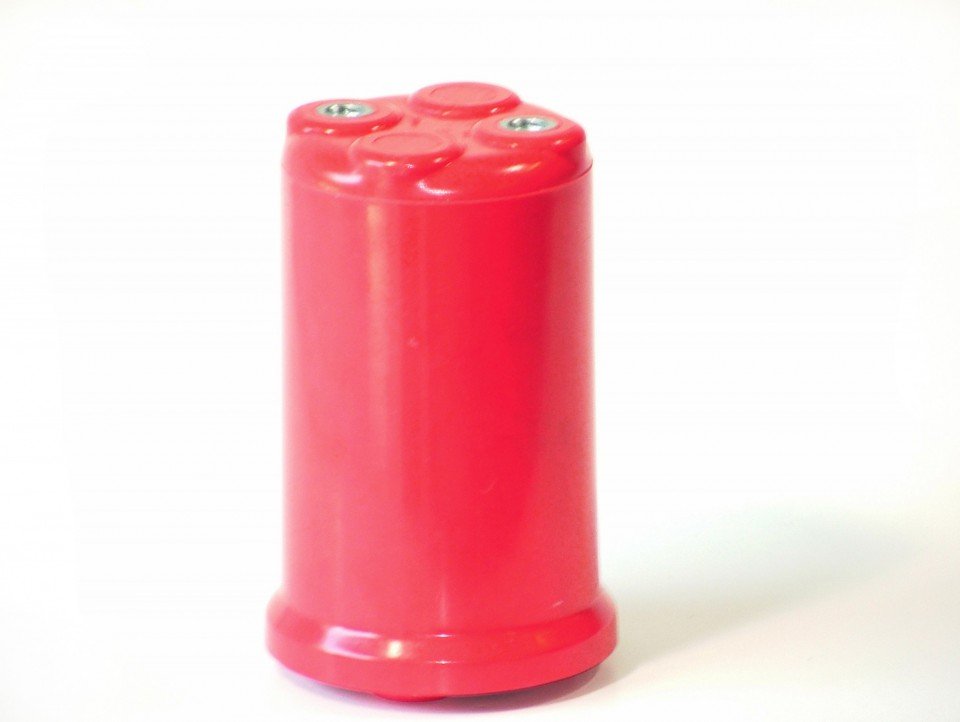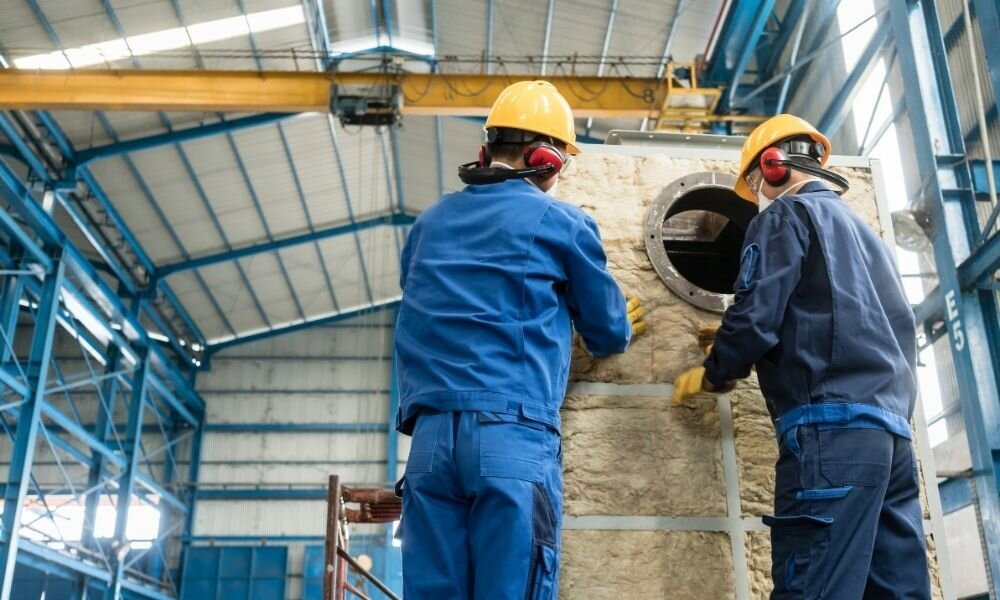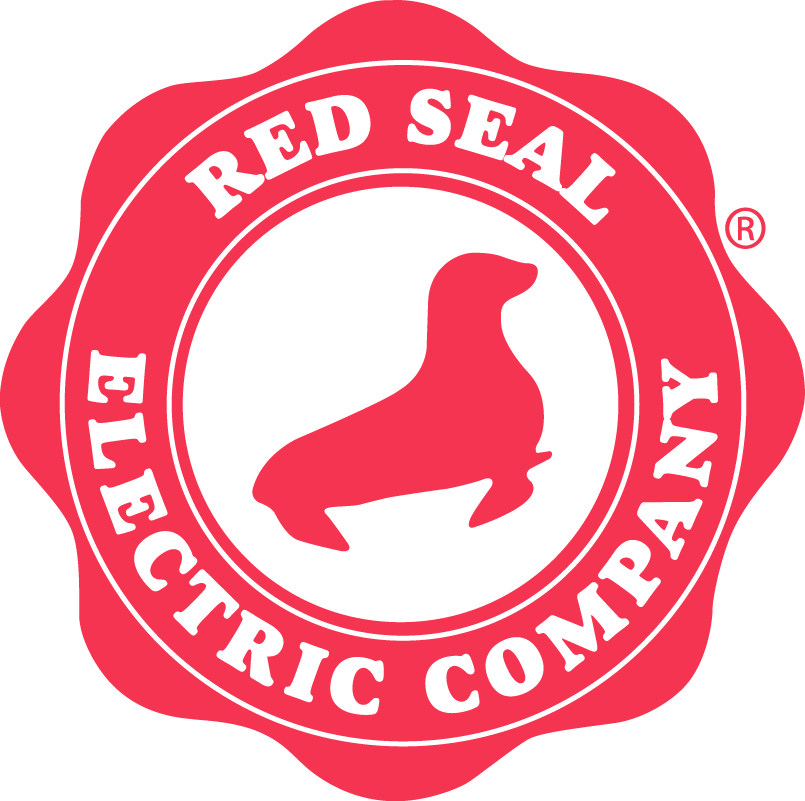
The Red Seal Blog

The Most Common Applications for Standoff Insulators
Electrical systems need parts that ensure safety, so no one comes to harm. These are the most common applications for standoff insulators you should know.

Properties of Insulators
When you work with dangerous materials and processes, you need reliable parts. These are the key physical properties of insulation materials.

What To Look for When Choosing an Electrical Insulator
Every internal part of a system that uses electricity requires protection. Here is a list of what to look for when choosing an electrical insulator.

The Difference Between Isotropy and Anisotropy
Scientific terminology helps with specificity, but it can be confusing to learn the first time around. This is the difference between isotropy and anisotropy.

The Science Behind Induction Heating
Many industrial processes harness heat, especially when handling metals and plastics. This is the science behind induction heating. Read on to learn more.

Advantages of Mica Insulation in Glass Manufacturing
Industrial workers need high-quality insulation to do their jobs safely and well. These are the main advantages of mica insulation in glass manufacturing.

What Materials Make Up Wind Turbines?
Harnessing energy from natural forces is an incredible scientific feat, but it requires specific engineering. These are what materials make up wind turbines.

Tips for Developing a Food Processing Plant
Planning an industrial facility takes time and precision, especially if you’ll work with food. Check out these tips for developing a food processing plant.

How To Extend the Life of Your Factory Machinery
Your equipment affects your business—broken machines lead to slower production and smaller profits. This is how to extend the life of your factory machinery.

Insulation Tips for Foundry Applications
How you insulate can mean the difference between safe, efficient work and hazardous, slow projects. Check out these insulation tips for foundry applications.

How Industrial Insulators Deteriorate
The strength of machine parts is critical to the success and safety of manufacturing operations. This is how industrial insulators deteriorate over time.

A Guide To Dielectric Strength
Electrical insulation is common in many industries, but how do manufacturers verify its insulating efficacy? Here is a guide to dielectric strength.

The Role of Busbars in Electrical Systems
Electricity requires careful and deliberate management via several essential parts, such as busbars. This is the role of busbars in electrical systems.

Everything You Need To Know About Thermoset Polymers
Plastics come in all varieties, but one of their most important characteristics involves heat. This is everything you need to know about thermoset polymers.

How Calcium Silicate Insulates
Calcium silicate is a heat-tolerant substance, but how exactly does it protect against high temperatures? This is how calcium silicate insulates.

What Is an Electrical Standoff Insulator?
Efficient electricity management can be a challenge. Do find yourself asking, “What is an electrical standoff insulator?” Here is a quick summary.

The Function and History of Switchgears
Electricity management tools like switchgear are essential for safe and efficient power supply. This is the function and history of switchgears.

How To Inspect a Non-Metal Part
Specialists must test all parts for the rigor of production usage before they can enter factory machines. This is how to inspect a non-metal part.

Understanding Arc Resistance
Electrical insulation is important for many industrial processes. But understanding arc resistance can be a challenge, so here are a few pointers.

How Mold Insulation Manages Heat
Quality thermal insulation is critical to the success of compression and injection molding during manufacturing. Here is how mold insulation manages heat.
